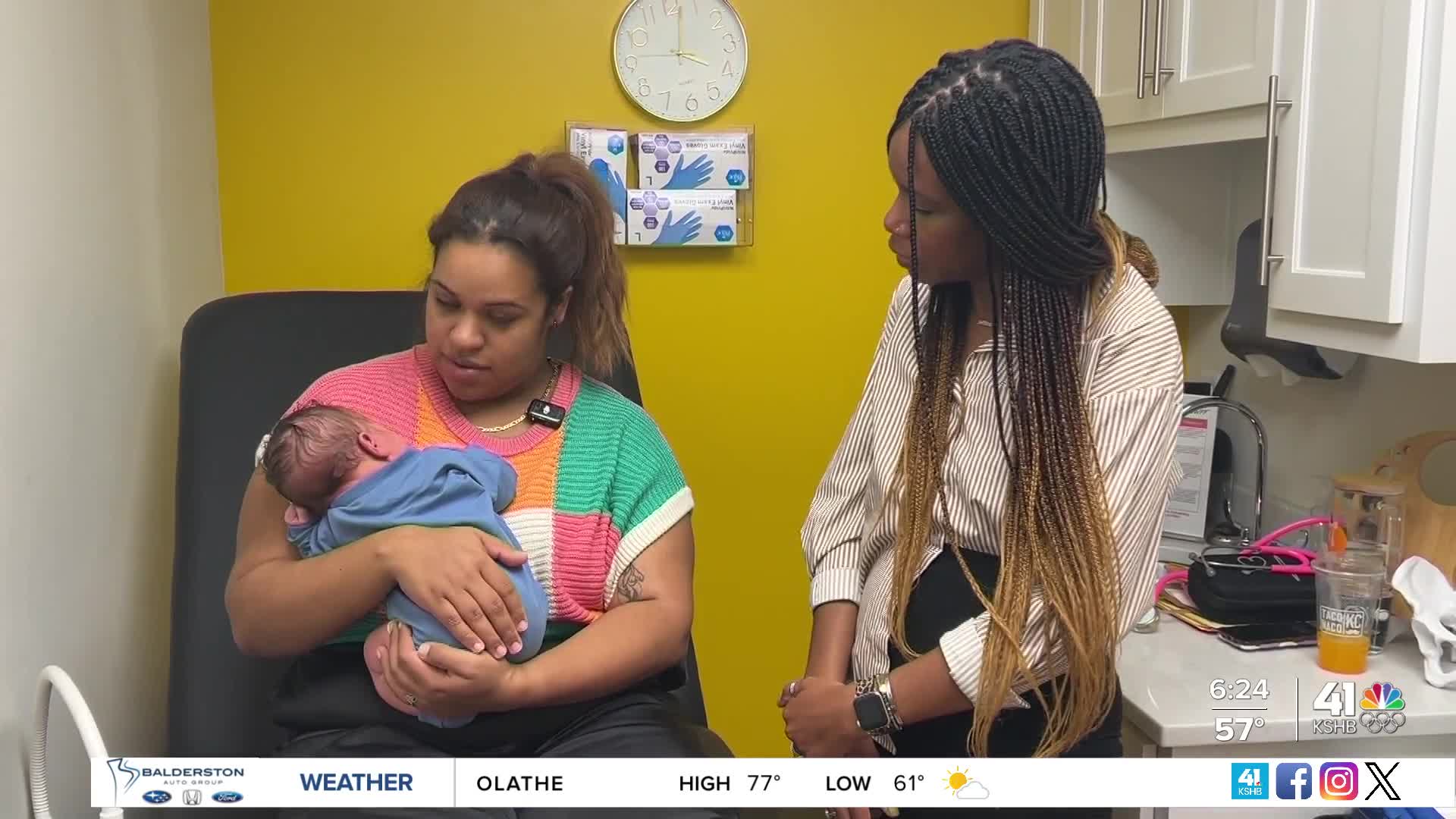KANSAS CITY, Mo. — Medical distrust is on the rise in the U.S. as pregnant women are pushing back against politically fueled warnings linking acetaminophen to autism.
In September, the Trump administration made an announcement advising pregnant women to abstain from taking over-the-counter painkillers, such as Tylenol, because they could cause a risk of autism.
However, medical professionals say there is no evidence proving this claim to be true.
Despite this, President Trump suggested that pregnant women should “tough it out,” even if they are experiencing complications such as fevers or headaches.
Experts say this type of language from politicians may revive a pattern where women’s maternal health is being politicized, misinformed, and ignored.
According to a 2025 Gallup poll, the majority of Americans are already skeptical of the honesty and ethical standards of politicians compared to medical professionals.
The report shows that Americans have the highest levels of trust in nurses at 75%, pharmacists at 57%, and medical doctors at 53%. Congress members and lobbyists have the lowest levels of trust, both ranking at 8% or less.
For pregnant women, carrying a healthy child to term can be a challenge. Therefore, some first-time moms may be fearful and susceptible to medical misinformation from politicians.
“I don't think that there's any way to be 100% prepared to have a child, but I do think that if you are surrounding yourself with people that are not only uplifting you, but also loving you, that really changes the trajectory of things,” said Karen Brooks, a first-time mom living in Kansas City.
Jess Rezac, an expecting mother, says that it’s important for women to feel like they are in control of their own bodies. By conducting her own research and putting her trust in a credible doctor, she feels more confident in her pregnancy journey.
“It really should be between a woman and her doctor what medical decisions she should be making,” Rezac said. “Without all of the context, it can be really dangerous to tell somebody not to take a certain medicine that might be right for them,” she said.
For decades, medical professionals have recommended Tylenol as the only pain-reliever medication safe for pregnant women.
D’Lita Parker, a nurse practitioner at Uzazi Village in Kansas City, says she’s noticed that women’s health has been sidelined in U.S. history.
There is a recent example where Missouri voters backed abortion rights in 2024. However, a Cole County judge approved ballot language this month for a measure that could reinstate abortion restrictions in the state.
In the meantime, nurse practitioners like Parker are working to support moms by providing them with comfort and a listening ear.
“We are trying to build a platform where women want to get care, whether they are Black, Brown or other,” Parker said. “We want to build a platform where people feel comfortable saying, 'Hey, this hurts or this is uncomfortable.'”
—





